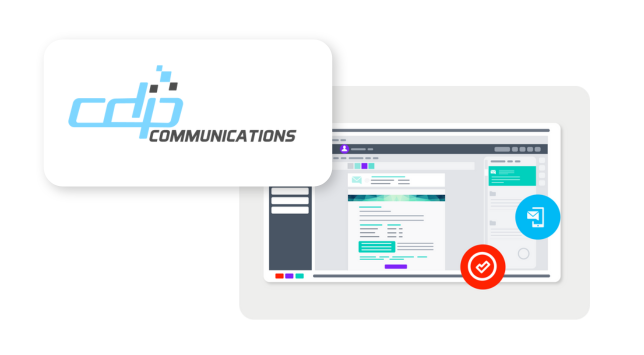
The key themes influencing accounts payable execution at SMEs – and why this function is under greater scrutiny than ever before.
SMEs have always faced greater challenges than their larger peers, and this year has raised new ones for them, forcing them to adapt to simply survive. Fortunately, this can be a time to shine for organisations with the right strategy, as SMEs can use the ongoing uncertainty as a driver to become more efficient and competent.
Accounts payable (AP) processing should be a key component of this effort. Here, we outline the top six trends driving AP, and what finance departments must be mindful of during 2024 and beyond.
Economic uncertainty… will likely continue
The inescapable reality for any SME finance team is the uncertain situation in the UK economy. Inflation remains high and the most recent CPI data – published in October 2023 – revealed a figure of 6.7%, revealing no movement from the month before and ending a gradual drift downwards that began a year ago. Interest rates remain high in a bid to combat inflation, which has exacerbated borrowing costs and brought greater friction to AP transactions. This uncertainty is a challenge for businesses and can make management decisions more difficult. As a result, there is greater emphasis on SMEs to become more responsible about collecting AP and ensuring finance directors protect cash flow.
Increased focus on AP data
Visibility of AP data is no longer a ‘nice to have’ – it has quickly become a source of strategic value. The economic uncertainty has made managing cash flow an organisational priority and drawn greater focus to AP as a function. Timely and accurate intelligence around AP is crucial to management teams and must inform the decisions they make. Poor visibility can be detrimental to business leaders and cast many things into doubt – for instance, uncertainty around bank statement reconciliation could then have a direct impact on relationships with both customers and suppliers.
Featured Resource: Bringing accounts payable systems into the 21st century

Flexible working is here to stay
While it has been over three years since the initial Covid-19 outbreak, the impacts on working arrangements are still playing out today. Remote and hybrid working patterns are very much the norm and this can affect companies’ efficiency, workforce wellbeing, and recruitment and retention strategies, to name just a few areas. Companies with manual AP processes have been particularly disrupted by these new working patterns, making paper-based processes with in-person approvals even more time-consuming and prone to delay. Remote working has therefore accelerated the digital transformation of many SMEs and highlighted that businesses must adapt to how, and where, their employees are working.
Automation is being championed
SMEs across all sectors are embracing automation within their organisations, and AP is a central part of this trend. AP is a vital function for any business that directly influences cash flow and in turn profitability. It has traditionally been associated with manual processes and inefficient systems, but automation is allowing businesses to revolutionise their arrangements. AP automation is not just about convenience; it also means greater efficiency and creating a competitive advantage over companies stuck in the old ways of doing things. More SMEs are taking advantage of the trend by integrating AP automation solutions, helping their teams work better and use their time more effectively. This is sure to continue in 2024.
Customer-focus becoming the difference
With ongoing economic uncertainty, competition will further intensify between SMEs for market share. There are several ways to get ahead of the competition but focussing on customer service is a time-tested route, and AP plays a vital role in supporting this. Customers in all sectors demand efficiency and the provision of services can easily be held up by inefficient AP processes. This again raises the issue of automation, which is helping more SMEs become efficient organisations at a time when they most need to keep their customers happy. Being able to process an invoice on time could be the vital difference to maintaining a customer relationship.
AP acting as a career launchpad
Against this backdrop of trends, AP will increasingly become a career launchpad. Perceptions are changing from AP being simply a task-based and transactional role. Instead, with the increased importance being put on AP – and the strategic value this can generate for the wider organisation – more SMEs will use this function as a launchpad for their new talent. This can provide a valuable start for any young professional looking to create a career in accounting or other financial service role.
This is an exciting time to make the most out of your company’s AP function, with automation transforming this into a source of real strategic value and greater efficiency.
Download The Bringing accounts payable systems into the 21st century Whitepaper
Quadient provides a wide range of easy-to-use AP tools designed with this in mind. To learn more, get in touch with one of our team to arrange a free one-to-one demo.





